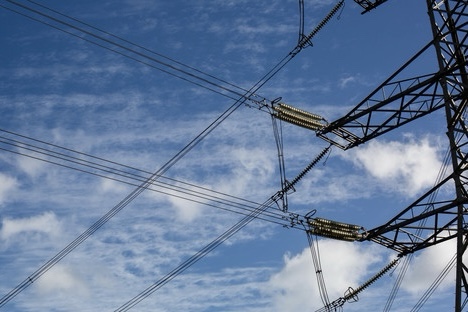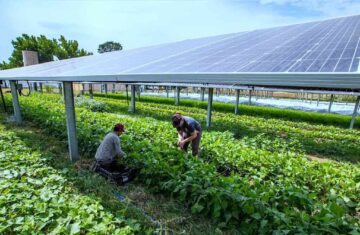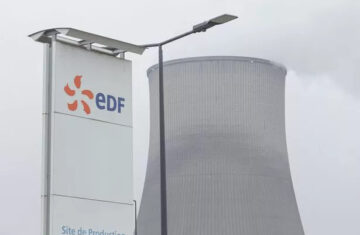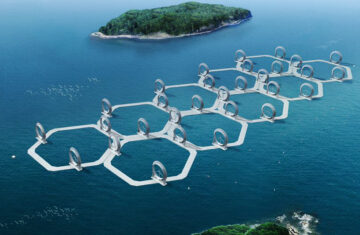It may surprise you to learn that there is a backlog of more than 200,000 applications for renewable energy projects with the UK’s National Grid, many of which could take ten years to connect to the grid. This backlog is a major obstacle to the country’s transition to sustainable energy in the future.
Prolonged delays in connecting to the national power grid have presented major challenges for renewable energy projects in the UK, according to a report released by the Environmental Audit Committee (EAC). The EAC cited a number of noteworthy examples, one of which being the potential 15-year wait period for certain solar energy projects to start contributing to the UK’s electricity supply. This delay highlights more significant problems impeding the country’s transition to renewable energy.
Everything is hard these days; the EAC report follows the release of a study by Lawrence Berkeley Lab (LBL) that we shared last week, which showed how clean energy surges in the US are causing a growing line and grid connection bottlenecks.
Challenges in the Grid Connection Process
There are several obstacles in the way of electrifying the UK in order to reduce carbon emissions, chief among them being the complicated and time-consuming grid connection procedure. The independent energy regulator for the UK, Ofgem, reports that more than 40% of applications for grid connections linked to low-carbon energy schemes—which together account for over 120GW of clean power—are anticipated to have connection dates that extend to 2030 or later. A significant barrier to projects essential to the UK’s future in sustainable energy is this backlog.
By 2050, the UK’s demand for electricity is projected to double due to the decarbonization of critical infrastructure, such as manufacturing facilities and hubs for electric transportation. In this context, switching to renewable energy is essential, which emphasizes the need for economical and effective grid connections.
Overcoming the Connection Queue
The current electrical grid in the UK was built for a world powered by fossil fuels, where supply could be modified in response to variations in demand. Grid constraints have emerged as businesses shift to renewable energy and demand more clean electricity. Through the establishment of strategic alliances and the utilization of IDNOs’ benefits, enterprises can effectively manage these obstacles and expedite the transition towards a robust and sustainable energy landscape.
For the UK’s renewable energy projects to succeed and keep the country moving toward decarbonization, solving the grid connection issues is essential.



